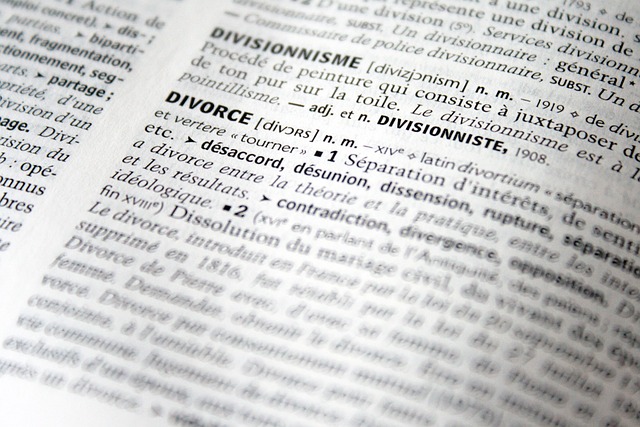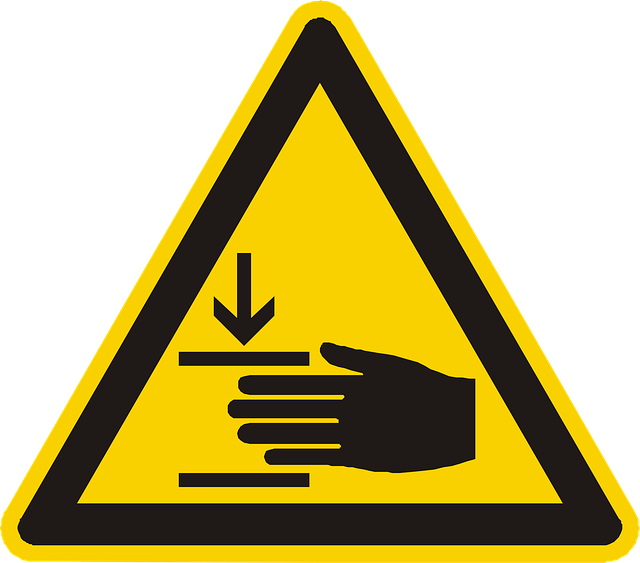Dog bite laws vary by region, with many jurisdictions imposing strict liability on owners. These laws are crucial for legal professionals and insurance companies. Insurers assess risk, set premiums, and manage claims related to dog bites, offering coverage options based on local legislation, breed, location, and prior claims. Effective risk management involves proactive assessments, tailored policy design, relationships with experts, clear communication with policyholders, and efficient claim processing.
Dog bites can lead to significant legal and financial consequences, with insurance companies playing a crucial role in managing risk under these stringent dog bite laws. This article delves into the intricate relationship between insurance providers and dog bite litigation. We explore legal frameworks governing liability, analyze policy implications for coverage, and discuss best practices for insurers to navigate this complex landscape effectively. Understanding these dynamics is essential for both insurance professionals and pet owners seeking protection against potential risks associated with dog bites.
- Understanding Dog Bite Liability: Legal Frameworks
- Insurance Coverage for Dog Bites: Policy Implications
- Best Practices for Insurers: Risk Management Strategies
Understanding Dog Bite Liability: Legal Frameworks

Dog bite laws vary significantly across jurisdictions, establishing legal frameworks that dictate liability when a dog injures someone. In many places, strict liability statutes hold dog owners accountable for damages caused by their pets’ bites, regardless of negligence or intent. These laws aim to protect victims and encourage responsible pet ownership. Homeowner insurance claims often play a crucial role in such cases, as policies may cover medical expenses and legal fees associated with dog bite incidents.
For instance, in the case of a Boca Raton truck accident lawyer representing a client bitten by a dog, understanding the local dog bite laws is essential. These laws could determine the liability of the pet’s owner and potentially influence the settlement or verdict. Similarly, a Boca Raton auto accident attorney dealing with an insured client might need to navigate homeowner insurance claims if a dog bite contributes to a broader accident scenario, ensuring their clients receive adequate compensation.
Insurance Coverage for Dog Bites: Policy Implications

Insurance companies play a crucial role in mitigating risks associated with dog bite incidents, and their response to dog bite laws varies significantly. Dog bite insurance coverage is typically included in homeowners’ policies or as an add-on to existing policies. This coverage protects policyholders from financial liabilities arising from dog bites, which can be substantial due to medical expenses, legal fees, and potential wrongful death compensation claims.
Policy implications for insurance providers include assessing risk, setting premiums, and determining coverage limits. Companies may consider factors such as the breed and history of the dog, the location of the incident, and prior claims when underwriting these policies. Additionally, they often require notification of any bites or attacks to manage risks effectively. Understanding local dog bite laws is also essential for insurance carriers to ensure compliance and accurately assess potential liabilities, thereby offering appropriate coverage options to policyholders.
Best Practices for Insurers: Risk Management Strategies

Insurance companies play a pivotal role in managing risks associated with dog bite incidents, and implementing robust risk management strategies is essential to navigate the complex landscape of dog bite laws effectively. Best practices for insurers include proactive risk assessment and comprehensive policy design. By conducting thorough risk analyses, insurance providers can identify high-risk areas and develop tailored coverage options that align with local dog bite legislation. This involves studying incident rates, understanding breed-specific risks, and considering geographical factors that influence the likelihood of dog-related accidents.
Additionally, insurers should foster strong relationships with medical professionals and legal experts specialized in dog bite cases. Collaborating with these stakeholders enables faster claim processing and ensures accurate assessments of damages, including medical expenses, permanent disability, and pain and suffering. Efficient risk management strategies also encompass clear communication with policyholders, providing them with comprehensive guidance on preventing dog bites and understanding their coverage limits. This proactive approach enhances customer satisfaction and fosters trust in the insurance company’s ability to provide adequate accident compensation while adhering to the stringent requirements of dog bite laws.
Insurance companies play a pivotal role in mitigating risks associated with dog bite laws. By understanding the legal frameworks governing dog bite liability, insurers can tailor policies that offer adequate coverage while managing potential risks effectively. Adopting best practices such as comprehensive risk assessment and proactive risk management strategies enables insurance providers to ensure fair protection for all parties involved, ultimately contributing to a safer environment in light of dog bite incidents.






